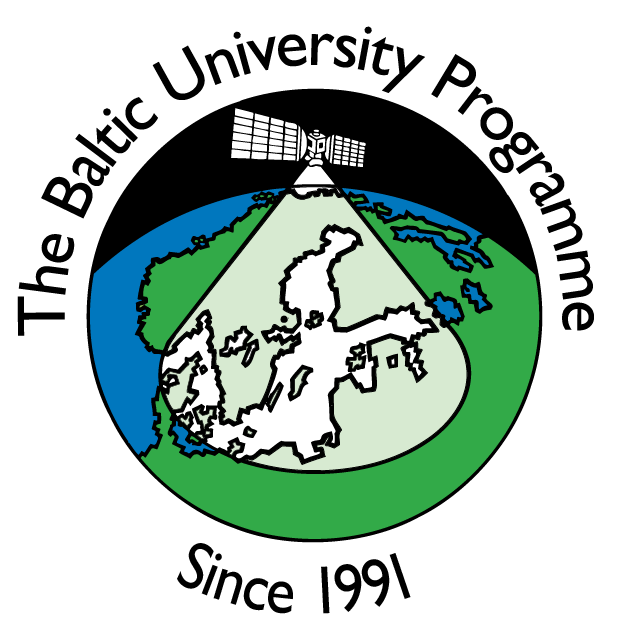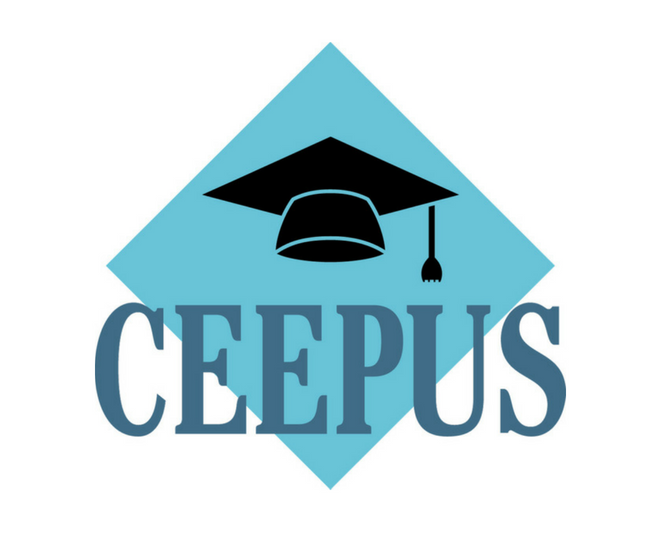


The Jean Monnet Programme The Jean Monnet Programme is a project of the European Commission aimed at higher education institutions in the member states of the European Union. It is named in honor of Jean Monnet, a French political economist and one of the founding fathers of the European Communities, who lived at the turn of the 19th and 20th centuries. The Jean Monnet Programme offers grants in the field of higher education as well as in other areas of education and training. Jean Monnet activities contribute to the dissemination of knowledge about issues related to European Union integration.

The main goal of the CEEPUS Agreement ("Central European Exchange Program for University Studies") is to support academic exchange in the field of education and professional development of students and academic staff. It facilitates the strengthening of ties between higher education institutions in the countries that are parties to the Agreement by funding academic mobility.
UNESCO scholarships are financial support for education granted by the United Nations Educational, Scientific and Cultural Organization (UNESCO). In the context of universities, UNESCO offers scholarships and internships for students and graduates of higher education institutions to support their professional development and/or academic research. UNESCO also coordinates various scientific and educational programmes in which universities can participate, such as scholarship programmes for students from developing countries or scholarships supporting research in specific fields.
Eurodesk is a comprehensive source of verified and reliable information for those interested in gaining experience abroad, exploring funding opportunities, and engaging in international cooperation. Questions are answered, publications are prepared, educational sessions are conducted, and a database of grant programmes is managed. Information is provided on training, studies, and volunteering opportunities abroad.
The Visegrad University Association (VUA) is a network of universities established to promote collaboration among institutions in the Visegrad Group countries (Czech Republic, Hungary, Poland, and Slovakia) and cooperating regions. It aims to foster quality education and research, enhance cooperation in areas like economics, society, culture, and peace, and strengthen the region's international standing.
Magna Charta Universitatum – is a document established in 1988 by the University of Bologna and the European University Association (EUA), forming the foundation of the Magna Charta Observatory – an independent non-profit organization. The aim of the document is to protect and promote the fundamental values of the university, such as academic freedom and institutional autonomy. The Magna Charta Universitatum emphasizes the importance of scientific independence and the responsibility of universities to society.